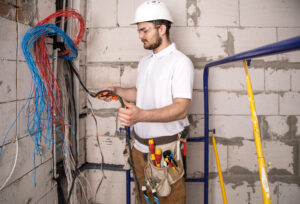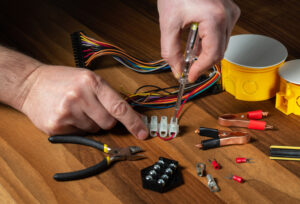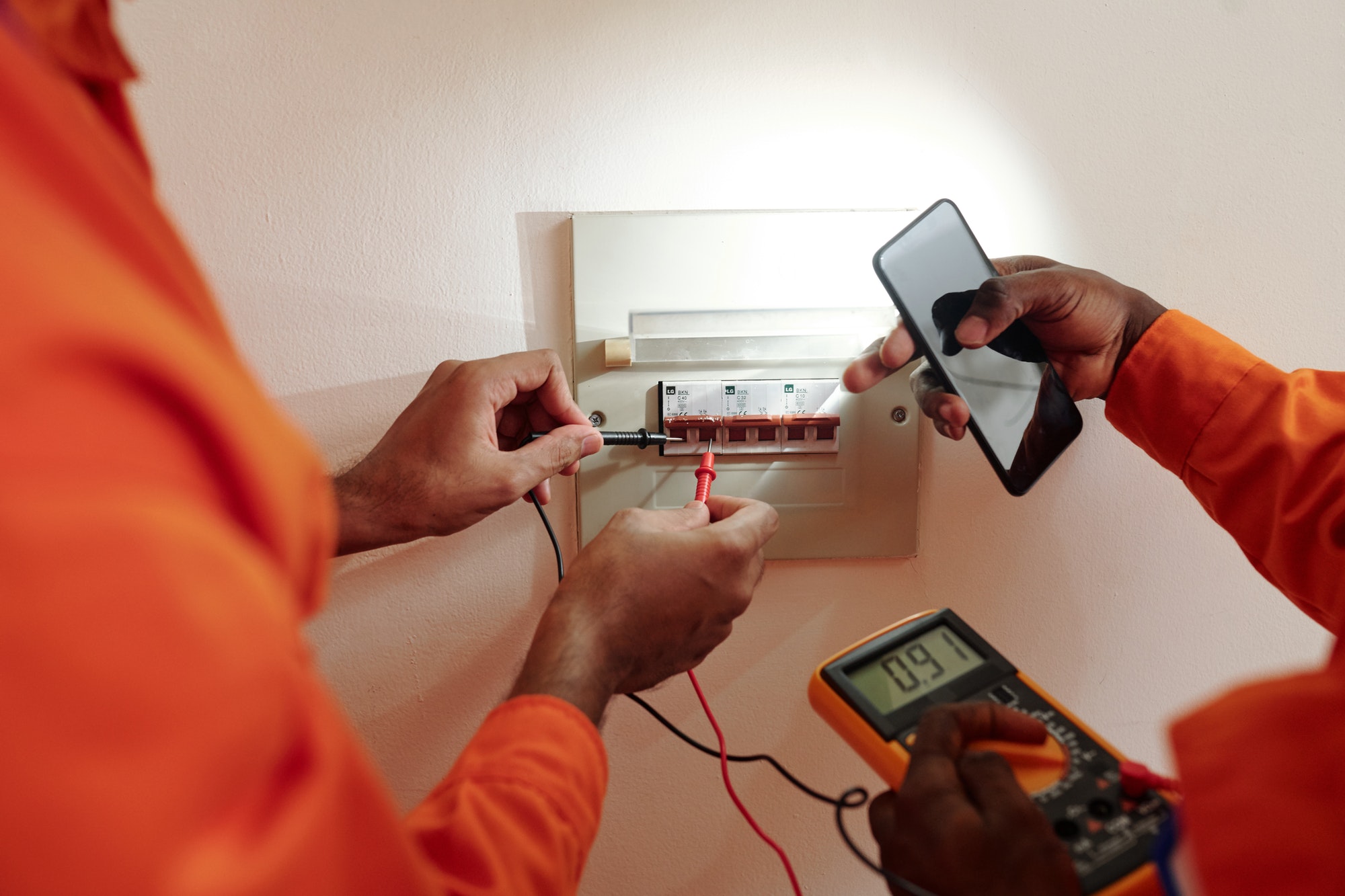Electrical appliances are integral to our daily lives, making household chores easier and enhancing our comfort and convenience. From refrigerators and washing machines to microwaves and air conditioners, these appliances require regular maintenance to ensure they operate efficiently and have a long lifespan. Here, we’ll explore the importance of maintaining electrical appliances and outline best practices to keep them in optimal condition.
Importance of Maintaining Electrical Appliances
- Extended Lifespan
- Regular maintenance helps to prolong the life of electrical appliances. By keeping them clean and in good working order, you can avoid premature breakdowns and expensive replacements.
- Energy Efficiency
- Well-maintained appliances operate more efficiently, consuming less energy. This not only reduces your utility bills but also minimizes your carbon footprint, contributing to environmental sustainability.
- Cost Savings
- Routine maintenance can prevent costly repairs. Identifying and fixing small issues early can avoid major malfunctions that require expensive fixes or replacements.
- Safety
- Regular maintenance ensures that electrical appliances are safe to use. Faulty appliances can pose significant safety hazards, including electrical fires and shocks. Keeping them in good condition reduces these risks.
- Optimal Performance
- Appliances that are well-maintained perform better. For instance, a clean air filter in your air conditioner improves cooling efficiency, and a properly serviced refrigerator keeps your food fresher for longer.
Best Practices for Maintaining Electrical Appliances
- Read and Follow Manufacturer’s Instructions
- Always refer to the user manual provided by the manufacturer for specific maintenance guidelines. Each appliance has unique requirements, and adhering to these instructions ensures proper care.
- Regular Cleaning
- Refrigerators and Freezers: Clean the coils, defrost the freezer, and remove expired items regularly.
- Microwaves: Wipe down the interior and exterior surfaces, and clean the turntable and vents.
- Washing Machines: Run a cleaning cycle with vinegar or a washing machine cleaner, and clean the detergent drawer and filter.
- Check and Replace Filters
- Many appliances, like air conditioners, dryers, and vacuum cleaners, have filters that need regular cleaning or replacement. Clogged filters can hinder performance and increase energy consumption.
- Inspect Cords and Plugs
- Regularly inspect the cords and plugs of your appliances for signs of wear or damage. Frayed cords or broken plugs can be hazardous and should be repaired or replaced immediately.
- Schedule Professional Maintenance
- Some appliances, such as HVAC systems and water heaters, require professional servicing. Schedule annual or bi-annual maintenance checks with a qualified technician to ensure they are functioning properly.
- Avoid Overloading
- Do not overload appliances like washing machines and dishwashers. Overloading can strain the motor and other components, leading to premature wear and tear.
- Use Appliances Properly
- Use appliances for their intended purposes and avoid misuse. For example, do not use a dishwasher to clean items that are not dishwasher-safe, and do not operate a microwave without food inside.
- Store Appliances Correctly
- When not in use, store appliances in a dry, safe place to prevent damage. For seasonal appliances like heaters or air conditioners, ensure they are cleaned and stored properly at the end of each season.
- Keep Vents Clear
- Ensure that vents and exhausts of appliances like dryers and air conditioners are clear of obstructions. Blocked vents can cause overheating and reduce efficiency.
- Monitor Performance
- Pay attention to any changes in the performance of your appliances. Unusual noises, reduced efficiency, or other irregularities can be early signs of potential issues. Address these promptly to prevent major problems.
Conclusion
Maintaining electrical appliances is essential for their longevity, efficiency, and safety. By following best practices such as regular cleaning, checking and replacing filters, inspecting cords, scheduling professional maintenance, avoiding overloading, using appliances properly, storing them correctly, keeping vents clear, and monitoring performance, you can ensure that your appliances serve you well for many years. Not only will this save you money in the long run, but it will also provide peace of mind knowing that your home is safe and your appliances are operating at their best. Regular maintenance is a small investment that yields significant returns in terms of performance, safety, and cost savings.






